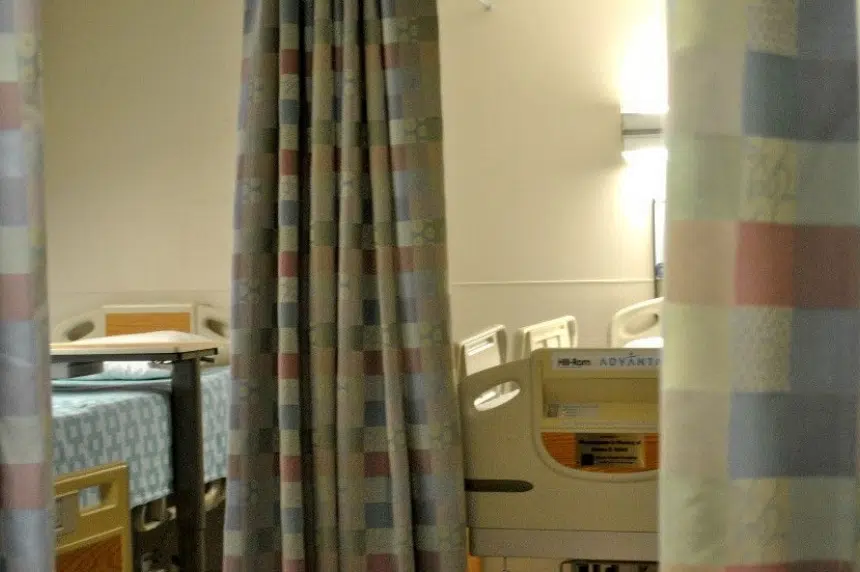Saskatchewan hospitals are getting close to full if they’re not already, according to a presentation from last week’s physicians’ town hall.
The town hall is a virtual presentation put on every other week for doctors in the province to get technical information and get updated on the situation within the Saskatchewan Health Authority (SHA).
Dr. John Froh, the deputy chief medical officer, pandemic, who’s working with the SHA’s Emergency Operations Centre, gave an update on the situation in hospitals.
“We are hitting the highest numbers of non-ICU patients in our hospitals for the duration of the pandemic,” said Froh.
All areas of the province are contributing to the surge, according to Froh.
“We’re hearing from our smaller facilities. Many are at capacity — that’s Tier 2 to 4 facilities. Many of our regional facilities are at or near capacity and many of our Tier 6 or tertiary facilities are at or near capacity,” said Froh.
The imminent drop of public health orders isn’t expected to help things either; Froh said health officials are expecting a false peak in hospital cases.
“We expect that there will be a true peak in cases which will follow on. The net result will be a longer and more severe surge peak,” said Froh.
On Feb. 8, when the timeline for dropping public health orders was announced, Premier Scott Moe and Dr. Saqib Shahab were asked whether they expected these moves to increase case numbers. Neither answered that part of the question.
As of Thursday last week, 74 ICU beds in the province were full. Froh said numbers of those people getting COVID and non-COVID care in the ICUs were flat, but non-ICU demand was increasing for both COVID and non-COVID care.
Froh said non-ICU was at capacity in hospitals and he’s expecting ICU numbers to increase after the non-ICU surge.
“That is the nature of COVID and Omicron,” said Froh.
All of this is happening at the same time the system is facing a lot of sickness among health-care workers, which Froh said is one of the big challenges.
“We have a lot of health-care worker illness and I think there’s a lot of fatigue, moral fatigue, and moral injury amongst our health-care workers who have been doing this for a long time and I think this is actually one of the hardest surges we’ve had to deal with,” said Froh.











